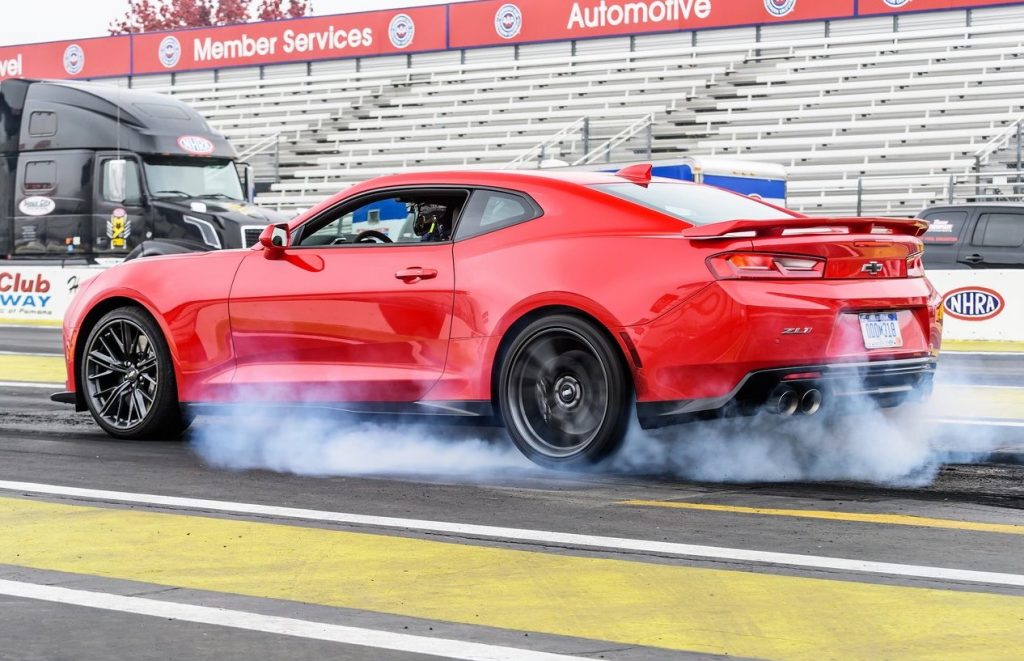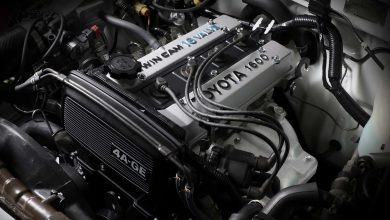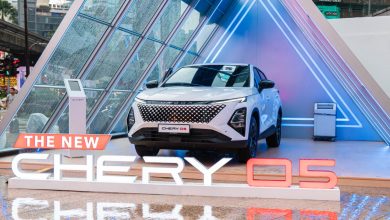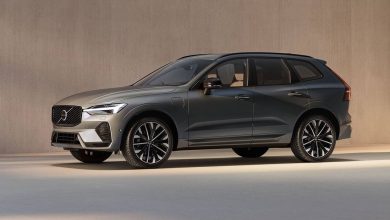Trump Imposes 25% Tariff On All Cars & Parts Imported Into The US
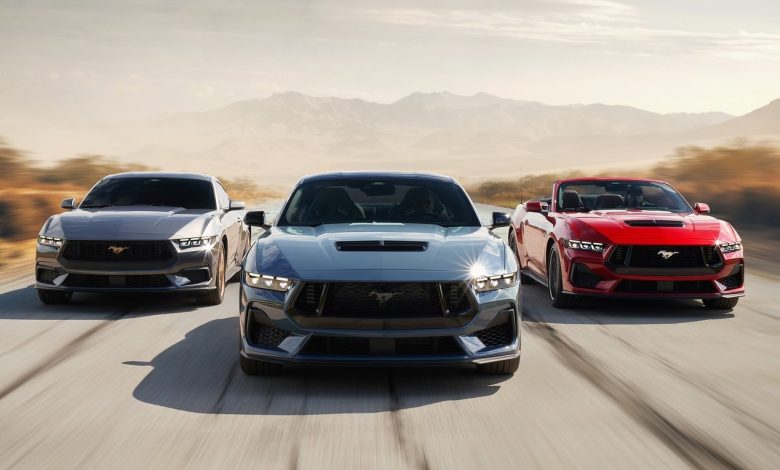
These newly-announced sweeping auto tariffs are slated to go into effect on April 2nd.
President Trump has recently fired another blow in his global trade salvo, with the announcement of a 25% tariff on all imported cars and auto parts into the United States. These newly-imposed tariffs are currently slated to take effect on April 2, with collections to begin the day after.
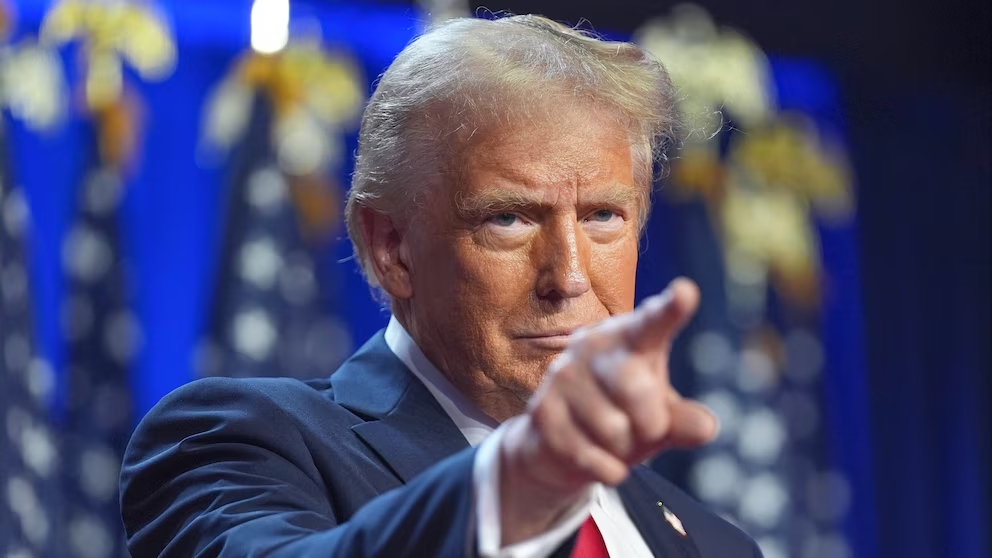
Now according to an official statement regarding these tariffs, the 25% levy will target imported passenger vehicles —including sedans, SUVs, crossovers, minivans, cargo vans, light trucks — as well as key automobile parts like engines, transmissions, powertrain parts, and electrical components.
Auto parts that comply with the United States-Mexico-Canada Agreement (USMCA) will remain tariff-free however (at least until the Secretary of Commerce establishes a process to determine their non-U.S. content). Additionally, all auto part imports will be exempt until May 3rd, giving companies a short window to adjust.
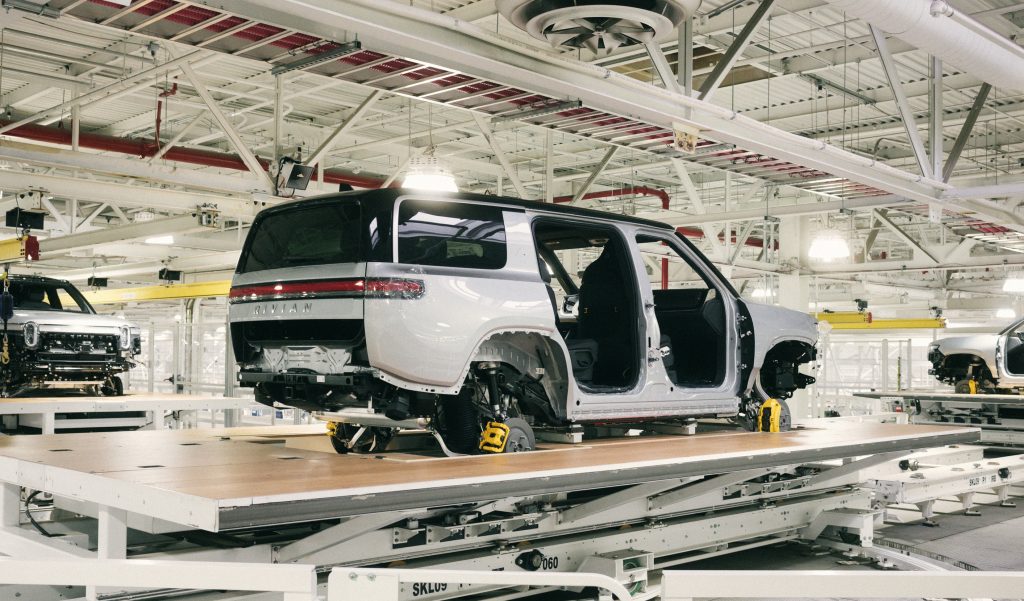
The big man at the White House is currently claiming that these new levies would lead to “tremendous growth” for the US auto industry, adding that it would create more investment for US-based automakers and therefore more jobs. In fact, the tariffs have been touted by the administration to generate $100 billion (RM 443 billion) in new revenue for the country.
Though while the Trump administration is touting this as a win for the country, other industry experts and foreign leaders have voiced their concerns regarding these newly-imposed levies. European Commission President Ursula von der Leyen called the move “bad for businesses, worse for consumers,” and Canadian Prime Minister Mark Carney went as far as to label it a “direct attack” on Canadian workers.

It is worth highlighting here once again too that tariffs tariffs aren’t actually paid by foreign governments — they’re taxes on imported goods that companies have to cover, and they almost always pass those costs onto consumers. That therefore means a 25% tariff on imported cars and parts will all but likely directly translate to higher sticker prices, making new vehicles more expensive for American buyers.
The United Auto Workers (UAW) nevertheless welcomed the decision however, with its president Shawn Fain praising the tariffs as “a major step in the right direction for autoworkers and blue-collar communities.” He further emphasised that it is now up to automakers —including the Big Three and foreign brands with U.S. operations — to reinvest in American manufacturing and create union jobs.
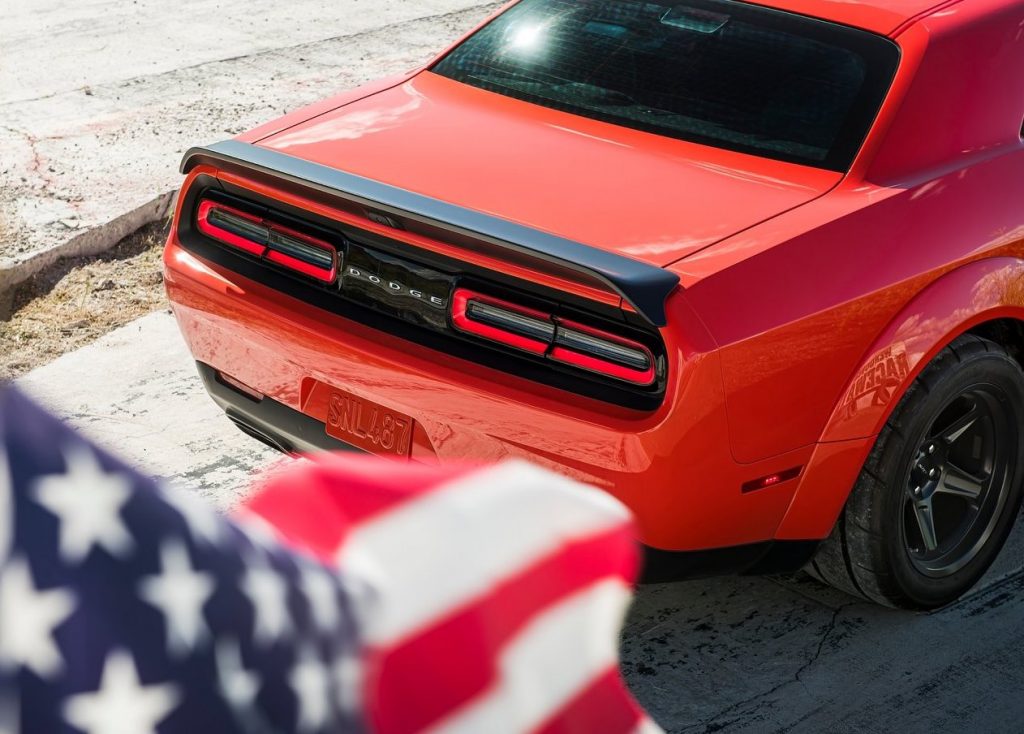
Around eight million completed cars were imported into the US last year, accounting for around half the total number of cars sold in the market. Mexico will likely be the country most affected by this new levy, as many automakers (including but not limited to BMW, Ford, Nissan, Volkswagen and Toyota) currently all having plants there that manufacture vehicles for export into the US. The US’s other top automotive importers meanwhile are Canada, Germany, Japan and South Korea.
The U.S. further imports nearly $474 billion (RM 2.1 trillion) worth of automotive products annually, including $220 billion (RM 974 billion) in passenger cars. With such a heavy reliance on imported components — especially for hybrids and EVs — automakers will all but likely now be forced from this tariffs to either absorb the costs or pass them onto consumers.
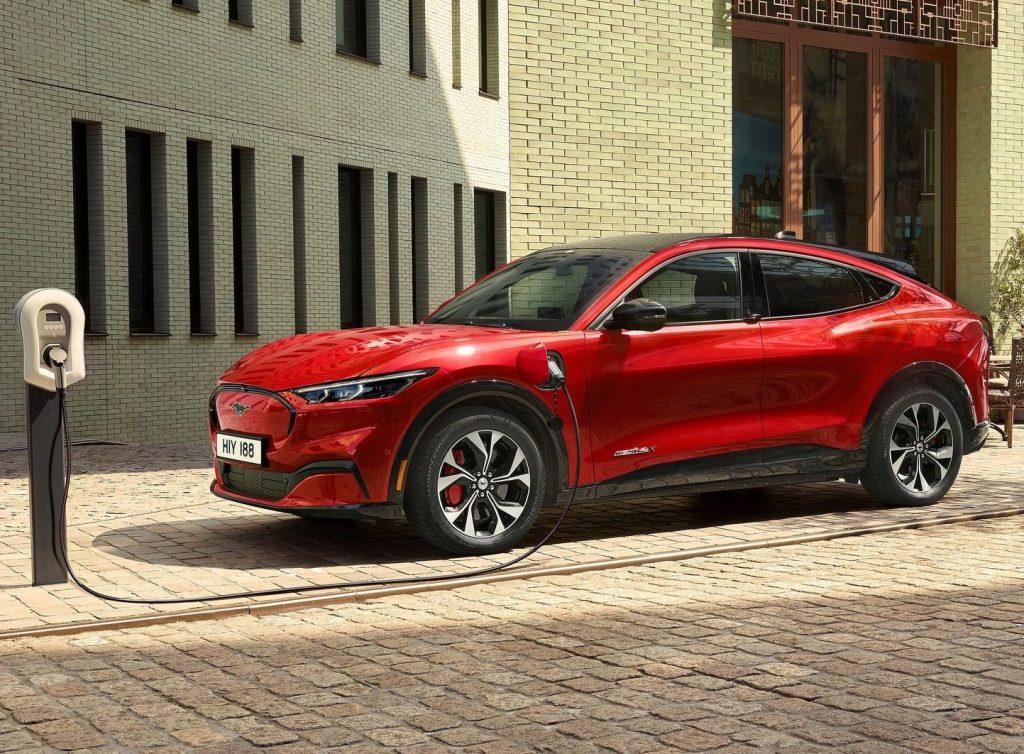
This latest tariff announcement is just one in a series of aggressive trade policies implemented by Trump since returning to office, with the administration previously improvising hefty tariffs on steel and aluminium. The administration has since also further mentioned that processes will be in place to expand tariffs on additional parts if necessary, with the president further confirming during the announcement that these new laws were “permanent”, quashing any notion that they would be reversed.
As for the domestic auto market, there is still considerable uncertainty. Trump had previously floated the idea of allowing Americans to deduct interest on car loans for vehicles made in America, similar to a mortgage interest deduction. Details on this still remain vague however, and it is unclear whether this proposal would offset the price hikes caused by the tariffs.
